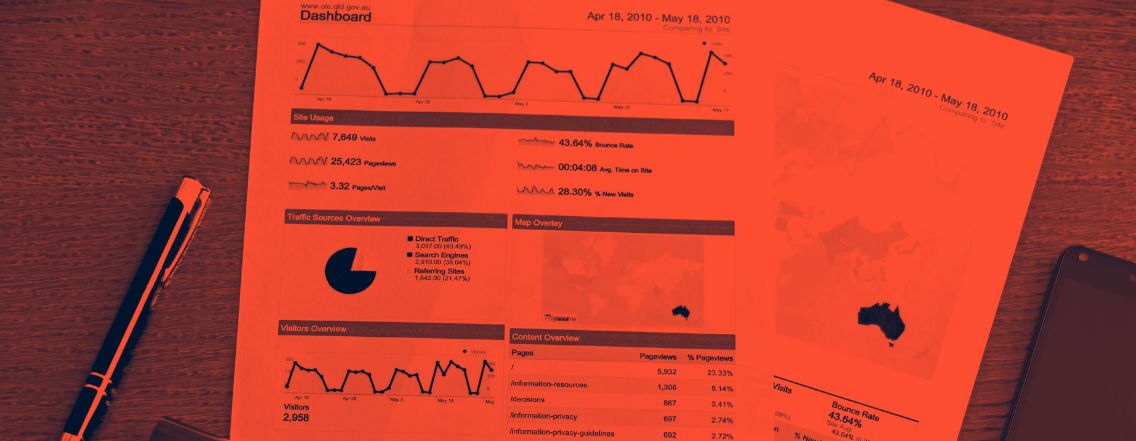In Europe, the B2B SEPA Direct Debit with the B2B mandate has become a key financial instrument for streamlining payments and collections between companies.
In this article, we take an in-depth look at the B2B SEPA Direct Debit, its benefits and features, and how it can help improve your company’s financial management.
Finally, we’ll look together at how to set up the B2B mandate for SEPA Direct Debits between companies.
B2B mandate: first of all, what is the B2B SEPA Direct Debit?
You are certainly familiar with the concept of direct debit from your own experience.
These payments are taken from your bank account on a fixed date and for a set amount.
For companies, the same applies to the intercompany SEPA Direct Debit, also known as the B2B Direct Debit (for Business to Business).
The intercompany SEPA Direct Debit or B2B Direct Debit is a standardised payment method within the SEPA area (Single Euro Payments Area), with its 36 member countries including the 19 countries of the eurozone along with other European countries.
It enables companies to collect recurring or one-off payments from their customers, suppliers or business partners in a simple, secure and efficient way.
B2B SEPA Direct Debit: key features
Like all payment methods, the B2B SEPA Direct Debit requires a certain amount of key data for its use.
- Debtor’s authorisation via the B2B mandate
Before initiating a B2B SEPA Direct Debit, the beneficiary company must obtain a direct debit authorisation signed by the debtor.
This direct debit authorisation takes the form of a B2B mandate issued by the creditor, i.e. the company to which the money is to be paid.
The payer has to complete the B2B mandate and send it to the creditor so that the debits can be set up.
- Essential data: IBAN and BIC
The B2B SEPA Direct Debit requires the use of the IBAN (International Bank Account Number) and BIC (Bank Identifier Code) to uniquely identify the bank accounts of the debtor and the creditor, which they enter on the B2B mandate.
This guarantees the accuracy of transactions and the accessibility of the creditor’s bank and account.
- Rapid availability of funds
Payments made by B2B SEPA Direct Debit using the B2B mandate have common value dates, which means that the funds are generally available in the beneficiary’s account on the working day following the transaction date.
This makes the SEPA Direct Debit an invaluable asset for managing your company’s cash flow.
- Flexible payment frequency
Companies can choose the frequency of direct debits, whether they are one-off or recurring payments.
This makes it possible to tailor the intercompany SEPA Direct Debit to the specific needs of the company.
Benefits of the B2B SEPA Direct Debit
The intercompany SEPA Direct Debit offers significant advantages for companies, including:
Payment automation
The B2B SEPA Direct Debit automates the collection of payments, reducing the administrative burden and the risk of human error.
Payments are made regularly (if the direct debit is recurring) and above all they are predictable and guaranteed, as the payer has completed the mandate.
Cash flow management
By automating payments, companies can better manage their cash flow.
Recurring payments, such as subscriptions or payments to suppliers, are made on time, guaranteeing a stable and above all predictable cash flow.
Reduced processing costs for payments
B2B SEPA Direct Debit is generally less expensive than traditional payment methods, as it eliminates the costs associated with cheques, cash and international credit transfers.
This can lead to significant financial savings, as direct debits throughout the SEPA area cost the same as national direct debits, a significant advantage, particularly for companies expanding across borders.
Transaction security
The use of IBAN and BIC ensures that the payment is routed accurately to the beneficiary’s bank account, thus reducing the risk of payment errors.
The creditor’s bank is credited on a set date and in a secure manner.
Flexibility of direct debit transactions
The B2B SEPA Direct Debit offers flexibility in terms of payment frequency.
Companies can adjust payments according to the needs of their customers or business partners: the direct debit can be set to recur so that the creditor is credited on a date fixed in advance.
How is a B2B SEPA Direct Debit set up?
There are several key stages in setting up a B2B SEPA Direct Debit:
- Obtaining a direct debit authorisation:
The beneficiary company must obtain a direct debit authorisation signed by the debtor. This authorisation can be obtained in the form of a B2B mandate containing the creditor’s details and the debit date.
- Collection of the debtor’s or payer’s bank details:
The debtor’s full bank details, including IBAN and BIC, must be accurately collected and sent to the creditor for each direct debit authorisation.
- Mandate management:
B2B SEPA Direct Debit mandates must be managed appropriately, notably secure storage and archiving to ensure regulatory compliance.
- Use of a B2B direct debit management and collection system:
Companies can use a SEPA payment management tool to automate the process of collecting and processing payments, such as the SlimPay platform.
Would you like to make life easier when setting up B2B SEPA Direct Debits?
SlimPay offers a perfect solution for managing your recurring direct debits:
- With Direct Debit: collect your subscriptions by setting up direct debits for recurring payments.
From acquisition through mandate management to payment, SlimPay offers a range of features such as IBAN verification and secure payments, all with a seamless, optimised user experience.
Read also :
→ PSD1: what is it all about ?
→ PSD2: What is the impact on online payments ?
→ Payment data and GDPR: How can your customers be protected ?
→ Online payment: how do you manage the risk of fraud ?
→ IBAN fraud What can merchants do to prevent fraud ?




